Is Microsoft’s Internet Explorer the most secure browser available? It depends who you ask. The latest study published by security research firm NSS Labs says that indeed Microsoft bests Google, Mozilla, Apple, and Opera when it comes to blocking malware downloads.
NSS tested Microsoft’s IE10, Google’s Chrome 25 and 26, Mozilla Firefox 19, Apple’s Safari 5, and Opera 12 to see which of the big five are best at protecting users against socially engineered malware. The reason two versions of Google’s browser were tested is likely because it was updated during the testing period.
The firm conducted the study over a period of 28 days between March 13, 2013 and April 9, 2013. Each browser was tested with all available updates installed on identical virtual machines running Windows 8, and NSS Labs warns that the same conclusions cannot be made for a Windows 7 machine without performing the same tests.
754 active and malicious URLs were used to perform 550 test runs by the five browsers resulting in over 18,000 test cases per browser. Testing was repeated every six hours until the target URL was no longer active. NSS Labs says it removed samples that did not pass the validation criteria, including false positives and adware. Ultimately, only 913 URL test cases passed the post-validation process, and the company says each sample payload was validated internally.
Here are the results:
As you can see, IE10 dominated the other browsers with a block rate of 99.96 percent. Google Chrome’s malware download protection improved significantly, rising from 70 percent in NSS Labs’ October 2012 comparative test to more than 83 percent. Rounding out the top five were Safari, Firefox and Opera with overall block rates of 10.16 percent, 9.92 percent, and 1.87 percent respectively.
“Both Google’s Download Protection and Microsoft’s App Rep allow users to override browser protecting, however, Google relies on this less reliable protection mechanism nearly four times as often as does Microsoft,” Randy Abrams, Research Director at NSS Labs, said in a statement. “The net result is that IE 10 users are offered superior protection over Chrome users with one quarter the risk of making a bad download decision. Firefox, Safari, and Opera users are afforded little protection at all by their browsers.”
For more information, you can check out the full 18-page report for yourself: Browser Security Comparative Analysis – Socially Engineered Malware Blocking 2013 (PDF).
Top Image credit: George Crux
Get the TNW newsletter
Get the most important tech news in your inbox each week.






